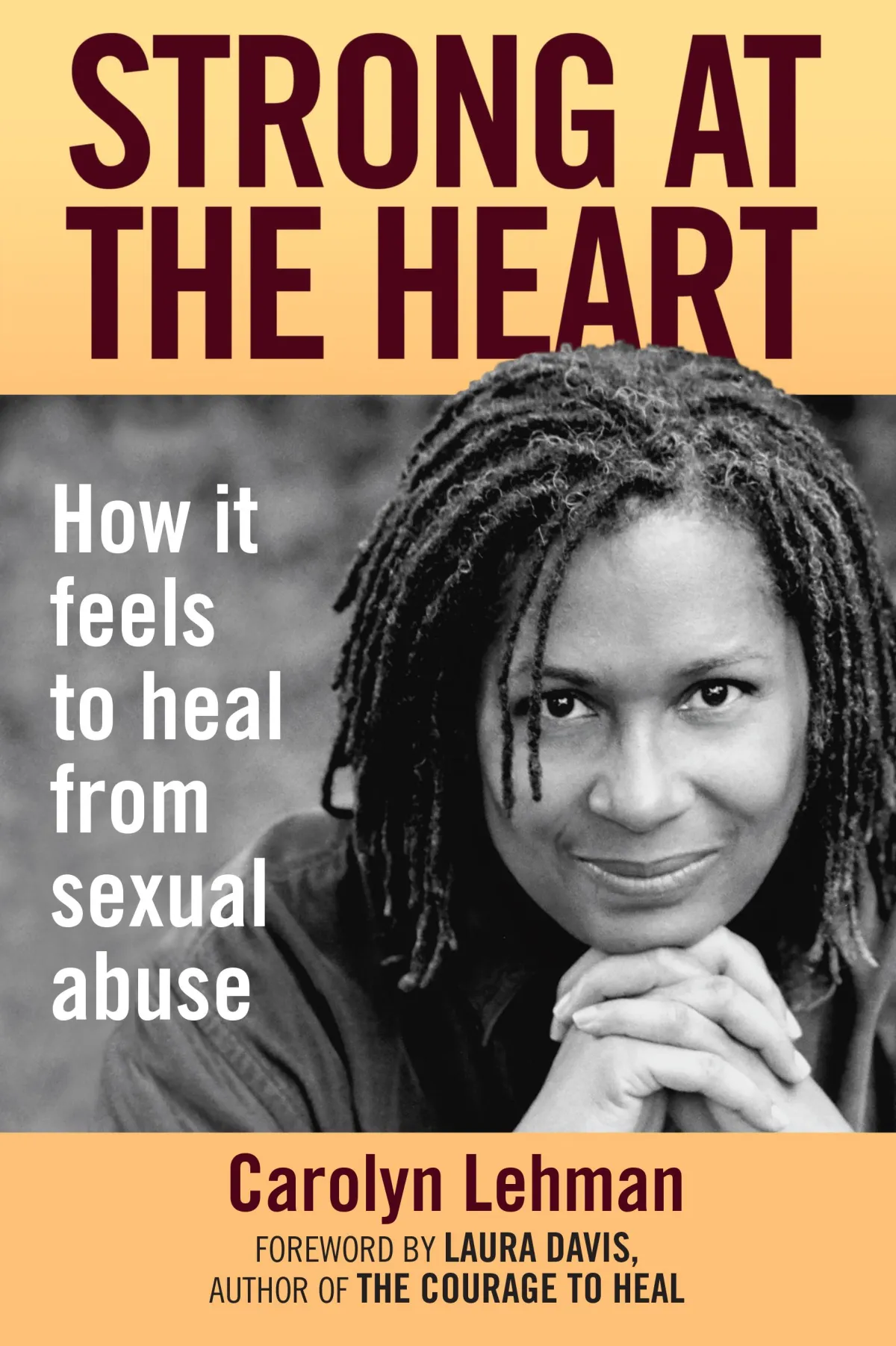
as seen on






Strong At The Heart
How it Feels to heal from Sexual Abuse
USE THIS AREA TO TELL YOUR STORY
Meet Your Name Here!
Talk about your failure when you first started looking for a solution. Maybe there was a conspiracy against you, a false belief, a misunderstanding.
Show how the traditional methods didn't work and you were super frustrated.
Then, you had an ah-ha moment that brought you the result, benefit, solution you were looking for. Lorem ipsum dolor sit amet, consectetur adipisicing elit. Autem dolore, alias, numquam enim ab voluptate id quam.

Ask them to imagine what life will be like when they too have the success you have?
AS FEATURED IN


what Others are saying...
“A really strong testimonial that confirms the transformation that is waiting.”
Lorem ipsum dolor sit amet, consectetur adipisicing elit. Autem dolore, alias, numquam enim ab voluptate id quam harum ducimus cupiditate similique quisquam et deserunt, recusandae. Lorem ipsum dolor sit amet, consectetur adipisicing elit. Autem dolore, alias, numquam.
Jane Awesome, ABC Co.
THE VALUE DOESN'T STOP THERE You'll Also Get These Benefits...
01
Explain Your Amazing Content
Name Of The Awesome Content
Mauris ac vestibulum nibh, quis euismod velit. Mauris sodales tincidunt ex vitae viverra. Nunc neque eros, convallis vel eros id, molestie bibendum neque. In hac habitasse platea dictumst. Integer quis hendrerit eros tincidunt ex vitae viverra. Nunc neque eros, convallis vel eros integer quis hendrerit eros.

02
Explain Your Amazing Content
Name Of The Awesome Content
Mauris ac vestibulum nibh, quis euismod velit. Mauris sodales tincidunt ex vitae viverra. Nunc neque eros, convallis vel eros id, molestie bibendum neque. In hac habitasse platea dictumst. Integer quis hendrerit eros tincidunt ex vitae viverra. Nunc neque eros, convallis vel eros integer quis hendrerit eros.

03
Explain Your Amazing Content
Name Of The Awesome Content
Mauris ac vestibulum nibh, quis euismod velit. Mauris sodales tincidunt ex vitae viverra. Nunc neque eros, convallis vel eros id, molestie bibendum neque. In hac habitasse platea dictumst. Integer quis hendrerit eros tincidunt ex vitae viverra. Nunc neque eros, convallis vel eros integer quis hendrerit eros.

